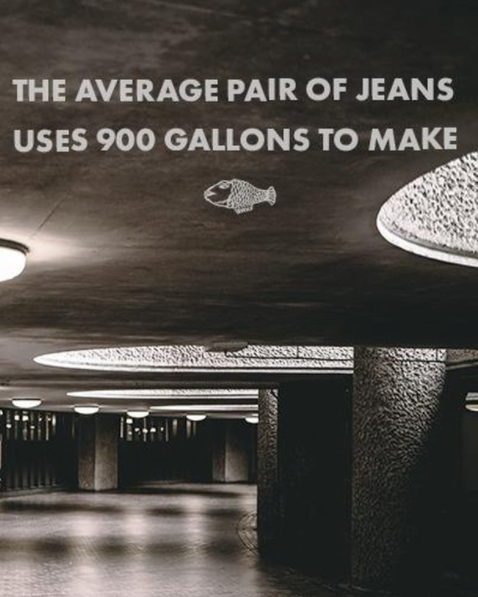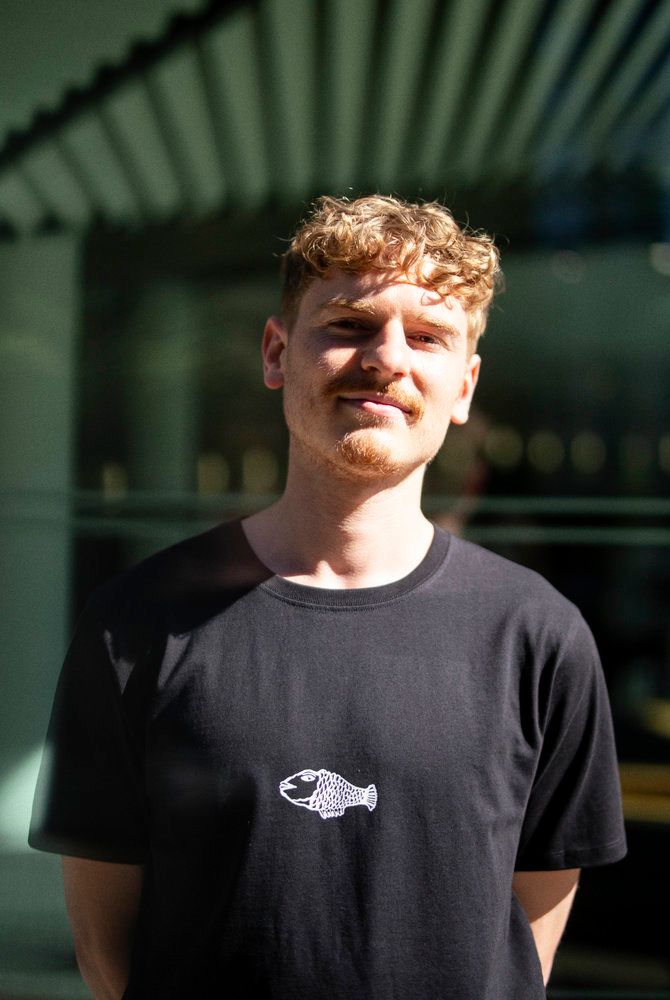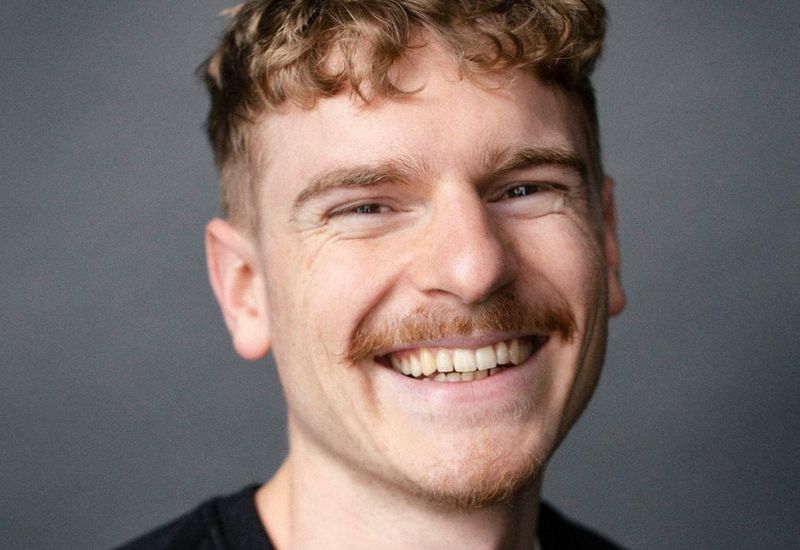Earlier in the month, we caught up with Charlie Smith from INTERN to discuss his experiences as a student entrepreneur.
For this week’s edition, we’ll be speaking with Paul Donati, founder of the ethical streetwear brand Catching a Fish in Norway (CAFIN for short).
Paul founded CAFIN back in 2014 when he was studying Law at the University of East Anglia. Since then, the company has gone from strength to strength and was even featured at London Fashion Week earlier in the year.
We spoke to Paul about his experiences founding CAFIN and how he managed to juggle his Law degree (no mean feat in itself!) alongside the day-to-day responsibilities of running a socially-conscious clothing brand.

What inspired you to start CAFIN?
I was studying for a degree in Law when I had my first idea to start a social enterprise – I’ve always been passionate about the arts and creativity, as well as trying to do positive things for people.
I was anxious about the challenges that garment workers and creatives alike face in the fashion industry and decided I wanted to earn an income on the side while at university, at the same time as having a real impact on the lives of others and the planet.
I always had the bug for enterprise, but didn’t know what running a business actually meant until I decided to launch CAFIN collective, which turned me on to the world of fashion. It seemed to combine the best of both worlds – earning money while doing something fun, as well as helping others and doing something good for the environment.
Tell us about a typical day in your job
My full-time job is currently as an assistant at the Centre for Sustainable Fashion, where I work the usual 9-5. My routine has completely changed since lockdown started, but after work, I usually go for a walk or a cycle, before launching myself into working on the brand during evenings and weekends.I work with a fantastic team of like-minded graduates who believe in contributing something good to the world. We have the typical Zoom catch-ups where we discuss tasks, challenges, and more recently strategy, as we push the brand to become more circular by design and process.
What are your company values?
A tricky question which we are currently trying to redefine, but the motto we would usually go by is as follows:
‘Catching A Fish In Norway (CAFIN) uses Scandinavian values of ecological wellbeing to create long-lasting, conscientious clothes with creativity, people and planet in mind’.
As a collective our values all differ to varying degrees – some are passionate about the arts, some business, some social welfare and some the environment – but one thing that unites us all is a desire to have fun and grow.
How do you ensure that these values are retained?
The team has evolved and grown over the past few years and with that, each new member of the CAFIN crew brings new values to the mix. We all have common objectives and a desire to do good, but at our core, we want to do something that is both creative and fun. I have made more mistakes than I could count, but I know that those mistakes were made as part of the process. Each win and each failure is made knowing that it is done so with our values at the core, and lessons learned always feed into our next steps. CAFIN fosters creativity in problem-solving while encouraging fun and some craziness along the way.
“We all have common objectives and a desire to do good, but at our core, we want to do something that is both creative and fun”
What courses or training did you do and what books did you read?
I have read some of the classics (e.g. Purple Cow, the Tipping Point) but honestly, for business basics, there are plenty of short videos and free courses on YouTube and Udemy, ranging from creating project strategies to managing your business cashflow. To learn more about sustainable fashion specifically, I would recommend the CSF x Kering short online course on Fashion and Sustainability on FutureLearn.
What was your university life like?
University life was super fun – a creative and diverse environment where I met most of my friends today.
I set up CAFIN in my second year at UEA and from there on in, it was an intense balance of studies, business and social life. The university was (and continues to be) incredibly supportive, in providing mentoring and funding opportunities, while providing an environment where it felt safe to experiment and go beyond your boundaries.

Photo credits: James Barrett @__jamesfrederickbarrett__
What advice would you give to someone who wants to start a business while at university?
Get going! While (at least in theory) you can start a business at any time in your life, you’ll never have so much time and space to explore business ideas than as a student. In today’s era of e-commerce, overheads and risks are minimal – it doesn’t matter if it doesn’t work out, as you will learn life-long lessons from your mistakes which will help no matter what your career.
Have you got any tips for juggling the work/uni balance?
I’m probably not one who can preach; in my final year of university, I worked a little bit too much on the business and almost missed my grades! My lesson learned from balancing uni and work (and friends/family) is probably making sure that you understand your priorities and allocate your time accordingly. Use careful planning to ensure you know what is really important from your business’ perspective so that you don’t spend unnecessary time on working with little outcome. I find that the 80/20 rule is really useful for time management.
What advice would you give to yourself when you first started in the business, knowing what you now know?
Seek out as many mentoring opportunities as possible. There’s no way of knowing the mistakes you’ll make until you make them, and having someone who has the experience to help guide you through challenges (as well as motivating you not to stop when the going gets tough) is invaluable. I’d like to give a shout out to my friend and mentor, Brian Michael, who has motivated me to keep at it all these years!
What was your dream job when you were younger?
I’m not sure… but I can say it certainly wasn’t working in sustainable fashion! I think I probably wanted to be a baker or a spy; in any case, I can safely say getting work experience wherever possible is one of the most impactful things you can do in helping you shape an idea of what that ‘dream’ job would look like. It helps you understand where your values lie and from that, the kind of things that you would like to do with yourself; whether that means earning lots of money, having a social impact, or doing something creative, work experience can really help you to develop your vision.
Photos of Paul were taken by James Barrett (@__jamesfrederickbarrett__)
Have you got any questions that you’d like us to ask our student entrepreneurs? Join our community today and start contributing!













